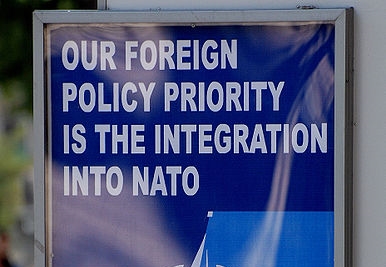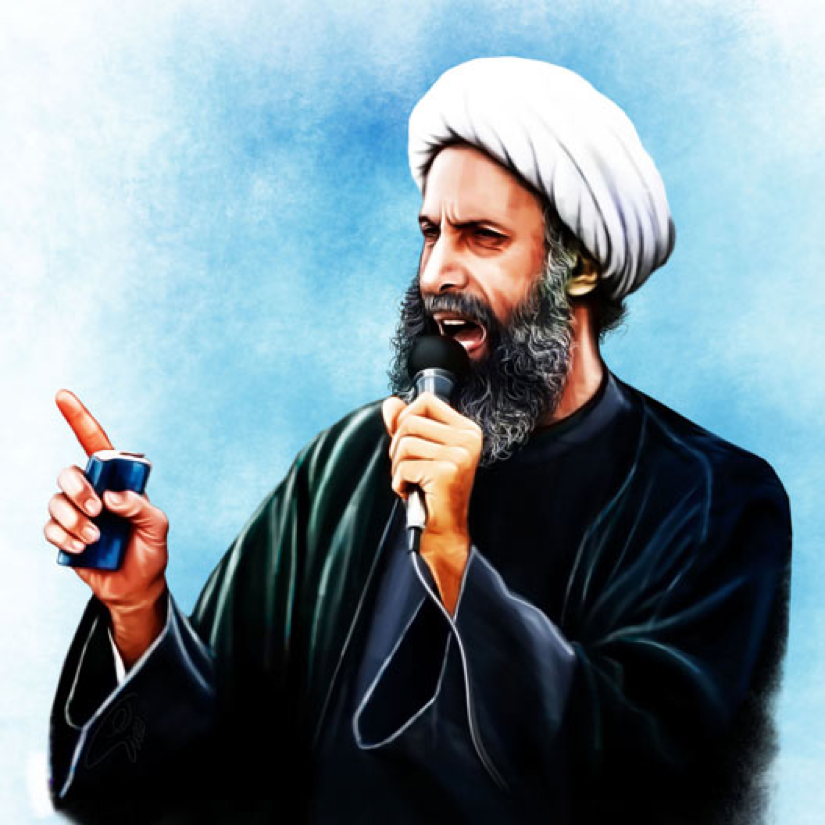There is an ongoing debate whether there is a linkage between the importance of transatlantic values and the level of effective commitment that might contribute to the enduring success of the North Atlantic Treaty Organization (NATO). In my strongest opinion, there is a precondition to how our alliance can achieve success in the future. And it is found in the relevance of the transatlantic values and allies’ commitment toward these values. Right at the cusp of the end of an old Strategic Concept era, NATO allies and partners are being challenged by an unprovoked and unjustified war from the Russian Federation against Ukraine. But to what extend will this aggression in Ukraine impact the whole Euro- Atlantic security architecture? The answer to this question will be found in the coordinated response and measures our Alliance and partners will take against Russian Federation. This is the moment to evaluate and elevate our bond and our commitment toward shared transatlantic values.
Over the course of the decades following the fall of the Berlin Wall, NATO’s enlargement processes have played a key role in changing the strategic culture within the Alliance itself and the new member countries. But it was not enough to protect democratic values as Communism was still active. In the Balkans, the appropriate term used is revisionism. And we saw how this revisionism caused a war in Kosovo back in 1999; is still causing political disturbances in Bosnia Herzegovina; and challenging Georgia. Revisionism is constantly eroding the Ukrainian territory — first with Crimea — now with Luhansk and Donetsk. Democracies are being challenged and norms are being attacked. As allies, are we failing to realize that we are living an era of democratic setbacks that might imperil our security across and beyond the Atlantic once for all?
NATO might be in the position to counter new security threats in the Balkan region and new geopolitical dynamics of the shifts of power coming from Russia, China, and other non-democratic governments. Commitment toward transatlantic values cannot be examined in isolation because it never occurs in a vacuum. For every NATO member country or partner, it is a mix of domestic politics and foreign influences that define commitment to these values. In order to preserve its relevance as a global security organization, NATO would have to adapt its collective strategic concept with committed allies moving toward normative power, emphasizing its democratic nature in order to address the new and emerging security issues. This is why the future of the Balkans is found within NATO.
The level of commitment to transatlantic values as a prerequisite for the success of the alliance is also the main reason why Balkan countries belong in NATO. There is a two-face implication from this assumption. First, the higher the level of the commitment of the allies and aspiring countries to become members, toward the fulfillment and respect for the transatlantic values, the more successful is the alliance. Second, an abandoned fractured region left exposed to the influences of Russia means an eventual failure in the near-term future. In both cases we saw how Ukraine’s aspiration to become a member of NATO (as well of the European Union) were a missed opportunity. At the same time, Kosovo’s aspiration is becoming enthusiastically more tangible now. Our response to these aspirations will define whether Russia will encroach or not in the future. In any circumstance, our alliance is not only as strong as its members but it is defined by its neighbour’s security. Thus, the Pandora box, Russia just opened in the face of the Euro-Atlantic community, will mean either a new enlargement for our alliance or a new wind of revisionism over the Balkan region.
In a historical review of the transatlantic security community from its inception, special attention must be given to the eastward extension of the alliance and its impact on non-western actors. It is important to value the role of the newer Balkan members such as Albania, Montenegro and North Macedonia given the resultant strategic pivotal area in countering Russian influences, including disinformation and different malign campaigns on the same level as the Baltic countries are doing every day. This progressive enlargement process has its implications in the commitment level toward transatlantic values. The membership not only changes one’s national strategic culture but its relation to regional security and this dynamic contributes to broader security in the midst of emerging security challenges.
The current security crises caused by Putin’s decision to invade Ukraine reinforces NATO’s role in promoting stability and establishing peace during all these decades. The inherent risks of the Alliance in the current security environment and the difficulties cannot be managed and overcome without a strong commitment to democratic values. Above all, the current Russian aggression against Ukraine showed to the world a genuine unity for the first time amongst the European Union member states. Through enhanced communication strategies, mutual commitment toward the transatlantic values and dialogue, allies can now anticipate the discussion over the increase of the defence percentage of GDP commitment such as the German chancellor put on the table few days ago. In the very first days of the Russian invasion, we realized how united our alliance is and how desirable it can for partner countries to join. Voices from the Nordic duo such as Finland and Sweden are an indicator of NATO’s role as a collective defense alliance and guarantor of freedom and security. Although NATO started its reflections over its strategic concept, months ago, we can notice via discourse analysis, the press releases, and the narratives of all allies, a reiteration of NATO’s core values and the transatlantic bond role across all official statements of the alliance’s leaderships. Having in mind this commitment to democratic values and the transatlantic bond, allies are addressing and implementing security strategies with an impact against the revanchist claims for a geopolitical shift of power coming from Russia. Few days after Russian invasion in Ukraine, NATO responded by deploying for the first time the multinational force such as NATO Response Force (NRF). Even though this deterrence and defense force against every threat to security and peace in Europe shows the unity of allies and partners in this moment, on a global scale, NATO must prove a stronger commitment to its out- of- area engagement.
Image copyright: Pro-NATO Poster in Tbilisi, Georgia, 2009, by George Nikoladze via Wikimedia Commons. The author has released this work into the public domain, granting public rights for its use.
Disclaimer: Any views or opinions expressed in articles are solely those of the authors and do not necessarily represent the views of the NATO Association of Canada.




